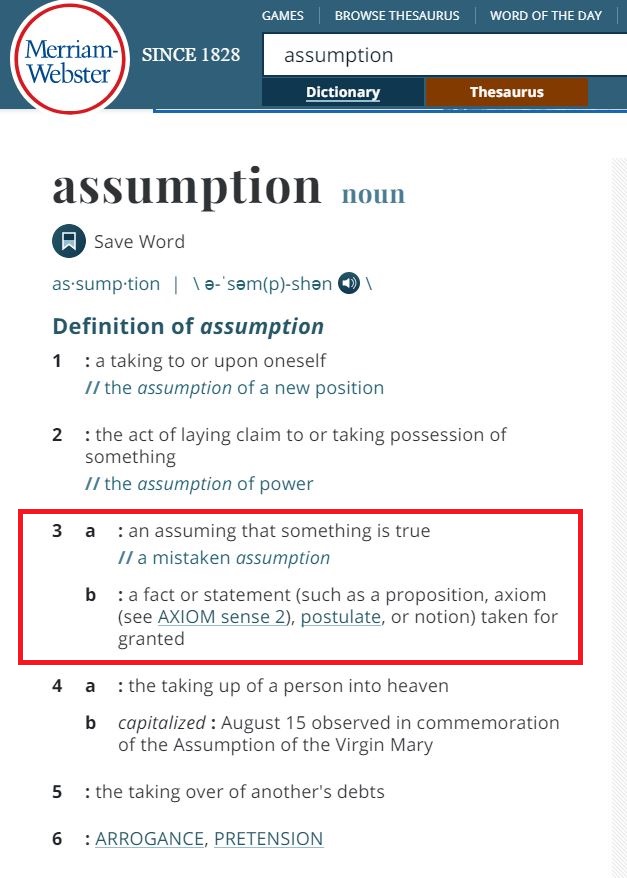Assumptions

Assumptions

The following are sssumptions of Martin Heidegger and those of Adi Da Samraj based on Beezone’s understanding.
Martin Heidegger (1889–1976) was a German philosopher whose work is perhaps most readily associated with phenomenology and existentialism. In his seminal book, ‘Being and Time’ Heidegger sets out three assumptions about his philosophy.
First, we generally have some understanding of what it means to be, some sense of Being. This is Heidegger’s ‘pre-ontological’ (pre-existential) assumption.
Second, this understanding then constitutes our manner (way of doing) of Being, Heidegger’s ‘existential’ assumption.
Third, we can give an appropriate analysis or interpretation of this understanding, Heidegger’s ‘ontological’ assumption.
In Adi Da’s ‘philosophical system,’ there are three ‘radical’ assumptions in many ways utterly opposite of Heideggers.
First, Adi Da’s (1939-2008) primary assumption is that the logic and activity of separation (Being) is false or unnecessary.
The second assumption of Adi Da’s ‘philosophy’ is that once the individual is ‘under the spell’ or the belief of Being, there is an immediate identification of ‘other’ or what he calls the quality of ‘differentiation.’ An object.
And finally, his third ‘assumption’ that comes out ‘spontaneously’ from identification and differentiation is desire. Desire is not just the wanting (searching) for something; it can also have an ‘avoidance’ character. The ‘desire’ Adi Da refers to can be understood as ‘motion’ or ‘activity.’
What are your presumptions?
Are you a self?
Do you ‘have’ a body?
Are you ‘Being’ a mind?
Do you ‘Have’ a mind?
Do you ‘Know’ yourself?
Do you ‘Know’ others?
Can you ‘Know/be/and feel’ others?
Can you ‘connect’ with others?
Can you ‘be’ in another’s ‘world’?
Are ‘you’ in a ‘world’?
Think about it! A lot depends on what you ‘assume.’
‘The origins of real philosophy are not questions, mysteries, dilemmas or paradoxes. The origins of real philosophy are perceptions, realizations of a radical kind in which certain fundamental questions, mysteries, dilemmas, and paradoxes are obviated. Thus, the origins of real philosophy are knowledge of a radical kind, not problems.
Similarly, real philosophical work is not a matter of answering questions, penetrating mysteries, solving dilemmas, or overcoming paradoxes. It is rather radical work wherein radical understanding arises. Thus, all of the usual philosophical material is unimportant from the beginning and never becomes necessary or even fundamental.” – Franklin Jones (Adi Da Samraj), 1972.
“Those who do not sacrifice all things while abiding in reality are in turn sacrificed unwillingly upon it while grasping for the answer.”
Read more on Adi Da’s ‘philosophy’